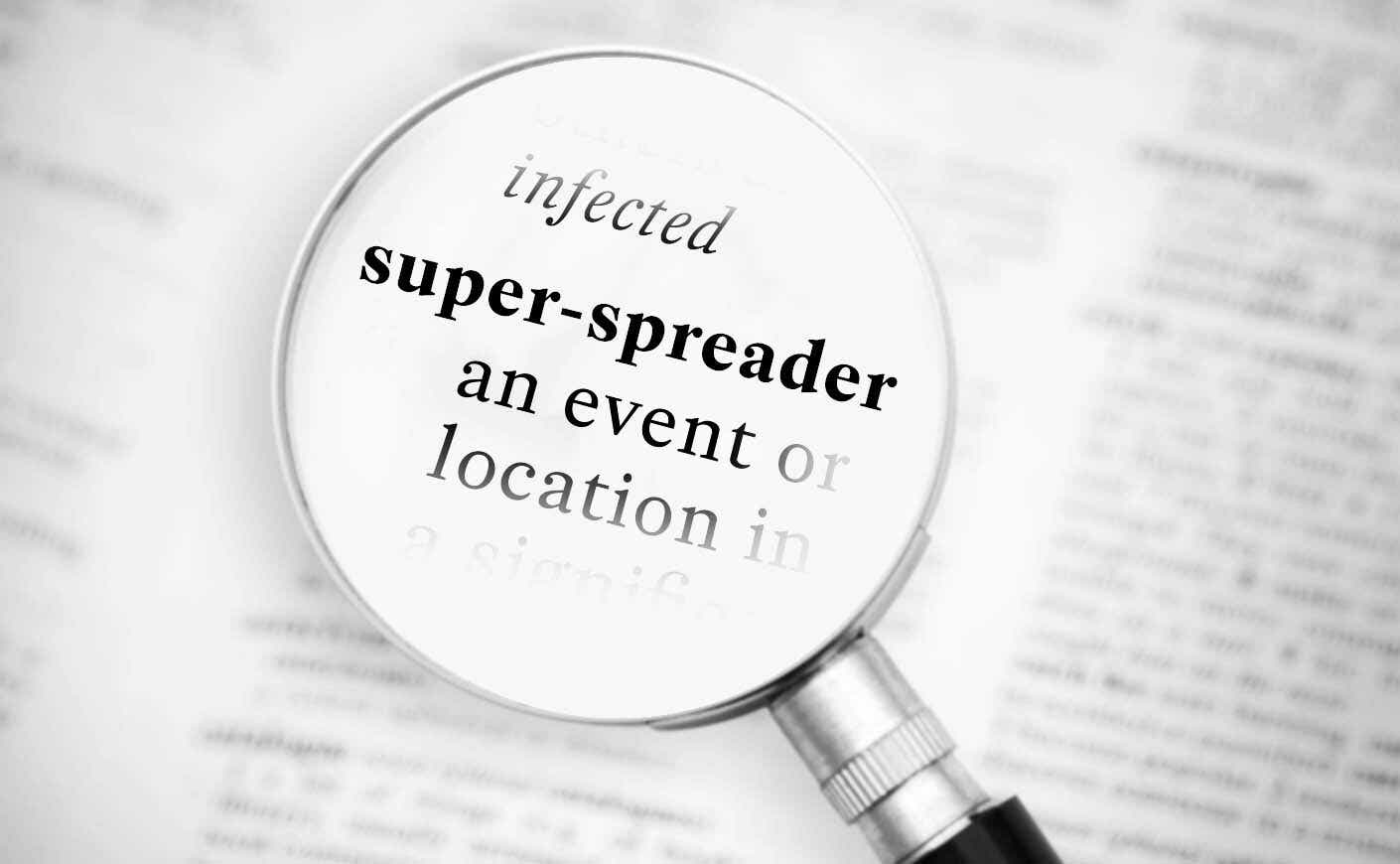One of the best ways to chart the evolution of our culture is through the way we speak.
Language is a kind of living thing that morphs and transforms as we develop new needs for describing our feelings and the things around us. Eventually, the terms we casually invent become so ubiquitous that they end up as officially recognized English words. And sometimes those additions tell a fascinating story about where our society is, where it's going, and what forces have strongly influenced us. (Remember when a Destiny's Child song was so good that the Oxford English Dictionary added "bootylicious" in 2004?)
Merriam-Webster announced this week that it added a whopping 455 new words to its dictionary this month, and we're fascinated by what those words tell us about ourselves. Here's a look at some of the highlights.
Words from the Covid-19 pandemic
The coronavirus has been such a seismic societal event that Merriam-Webster was adding new words related to it as early as March 2020, when the additions included the likes of "contact tracing" and "social distancing." A month later, MW also added "contactless," "PPE" (personal protective equipment), and "WFH" (work from home).
Unsurprisingly, there's more Covid-19 representation in the recent inclusions for October 2021. Some are new words, while others are new interpretations of words that've taken on fresh meaning via our pandemic experience. Among them are:
- Breakthrough: an infection occurring in someone who's fully vaccinated against an infectious agent — often used before another noun (as in “breakthrough cases” or “breakthrough infection”)
- Long Covid: a condition that's marked by the presence of symptoms which persist for an extended period of time following a person's initial recovery from COVID-19 infection
- Vaccine passport: a physical or digital document providing proof of vaccination against one or more infectious diseases
- Super-spreader: an event or location at which a significant number of people contract the same communicable disease — often used before another noun (as in a “super-spreader event”)
In the case of "super-spreader," that term was actually added to Merriam-Webster's list in 2020, but back then, it referred solely to a highly-contagious individual. The revision this month expands the definition to reference to an event or location from which infection is spreading quickly.
Words from culture, politics, food, and more
Aside from the coronavirus-related additions, there are a ton of fascinating terms to examine from this latest round of newly recognized words, all of which have been added because of their cultural relevance and projected staying power. Some of the most interesting include:
- Dad bod: a physique regarded as typical of an average father; especially one that is slightly overweight and not extremely muscular
- Fourth trimester: the three-month period immediately following giving birth in which the mother typically recovers from childbirth and adjusts to caring for her infant
- Air fryer: an airtight, usually small electrical appliance for quick cooking of foods by means of convection currents circulated rapidly by a fan
- Fluffernutter: a sandwich made with peanut butter and marshmallow crème between two slices of white sandwich bread
- Whataboutism: the act or practice of responding to an accusation of wrongdoing by claiming that an offense committed by another is similar or worse
- Faux-hawk: a hairstyle resembling a Mohawk in having a central ridge of upright hair but with the sides gathered or slicked upward or back instead of shaved
Get a closer look at the latest words Merriam-Webster has officially defined right here.









